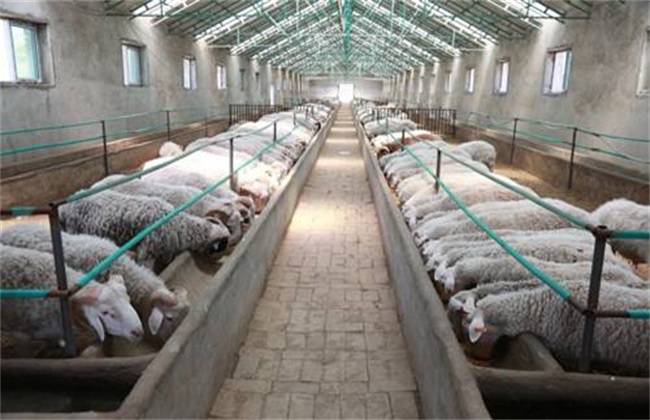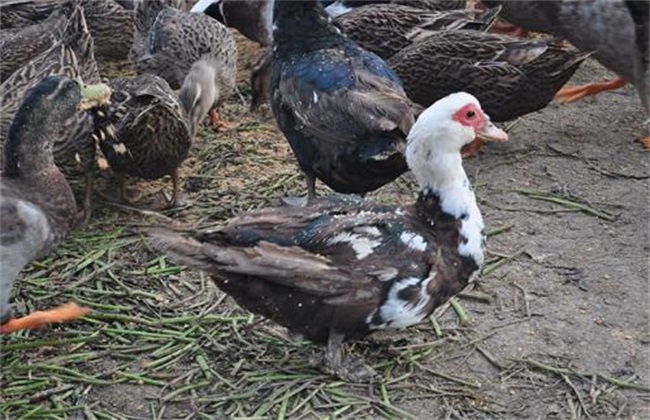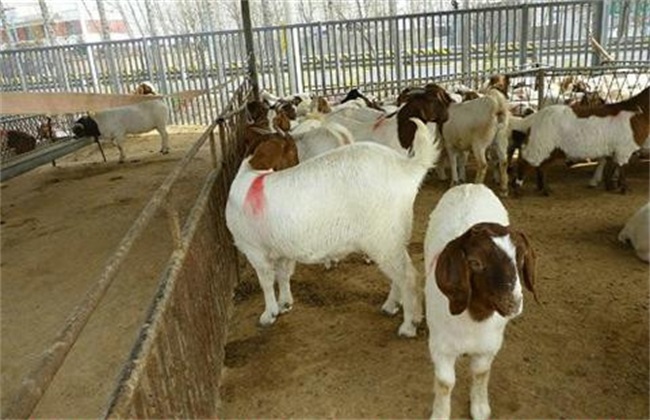Matters needing attention in raising sheep in fermentation bed
Sheep raising in fermentation bed is now a very hot sheep raising mode, which is basically distributed in all parts of our country. There are many advantages of raising sheep in fermentation bed, such as energy saving and environmental protection, deodorization and warmth, reducing breeding cost and so on. However, there are many things we need to pay attention to when raising sheep in the fermentation bed. What exactly do you have? So the editor brings you some notes on raising sheep in the fermentation bed today, so let's take a look at it!

1. Renovate the sheep house
When raising sheep in the fermentation bed, we should first choose the sheep barn. The sheep shed should be built in a place with plenty of light, good ventilation and dry warmth. Although the fermentation bed has good heat preservation performance, before entering winter, we should check whether there is air leakage in the hole, plug it in time, and avoid roof leakage at the same time. It is necessary to do a good job in repairing the shabby, air-leaking and rain-leaking sheephouses. Then pay attention to the layout of the fermentation bed, do not use poor quality cushion for saving, but will affect the growth of sheep.
2. Supplement feeding and replenishing water
In winter and spring and other dry grass season, if only rely on the food on the fermentation bed can not meet the growth needs of sheep. Therefore, we should pay attention to proper grazing and do a good job of supplementary feeding. However, grazing should not be too much to avoid excessive physical exertion and affect the keeping and fattening of sheep. Supplementary feed can be used with peanut seedlings, bean straw and other grain straw. The supplementary feeding amount should be adjusted reasonably according to the growth stage of the sheep, for example, if it is an adult sheep, then the supplementary feeding is about 1-2 jin a day. If the feeding quantity is small, then the feed can be put into the basket, and then the basket can be hung up for feeding.
If the breeding quantity is relatively large, then the forage can be tied up into a ball and hung in a position where the sheep can eat to feed. At the same time, we should also pay attention to the right amount of fine feeding, fine feeding can be made from a mixture of rice flour and rice bran, which is generally fed every night. At the same time, we should also pay attention to supplement appropriate amounts of salt, vitamins and trace elements and other nutrients. It is necessary not only to ensure uninterrupted grass feed, but also to make sheep drink light salt water properly.
3. Health and epidemic prevention
Although raising sheep in fermentation bed can enhance the disease resistance of sheep, we still can not ignore the hygienic epidemic prevention work. Especially in winter, sheep are prone to diseases such as dysentery, colds and E. coli. So we should keep the fermentation bed well ventilated and the environment of the sheep house clean and dry. Then turn over the cushion of the fermentation bed properly to check the changes of the sheep, and if the disease occurs, it should be treated in time to avoid and spread.
The above is a brief introduction to the matters needing attention in raising sheep in the fermentation bed. That's all for today's introduction. This article is for reference only. I hope it can help you all.
Related
- On the eggshell is a badge full of pride. British Poultry Egg Market and Consumer observation
- British study: 72% of Britons are willing to buy native eggs raised by insects
- Guidelines for friendly egg production revised the increase of space in chicken sheds can not be forced to change feathers and lay eggs.
- Risk of delay in customs clearance Australia suspends lobster exports to China
- Pig semen-the Vector of virus Transmission (4)
- Pig semen-the Vector of virus Transmission (3)
- Five common causes of difficult control of classical swine fever in clinic and their countermeasures
- Foot-and-mouth disease is the most effective way to prevent it!
- PED is the number one killer of piglets and has to be guarded against in autumn and winter.
- What is "yellow fat pig"? Have you ever heard the pig collector talk about "yellow fat pig"?



